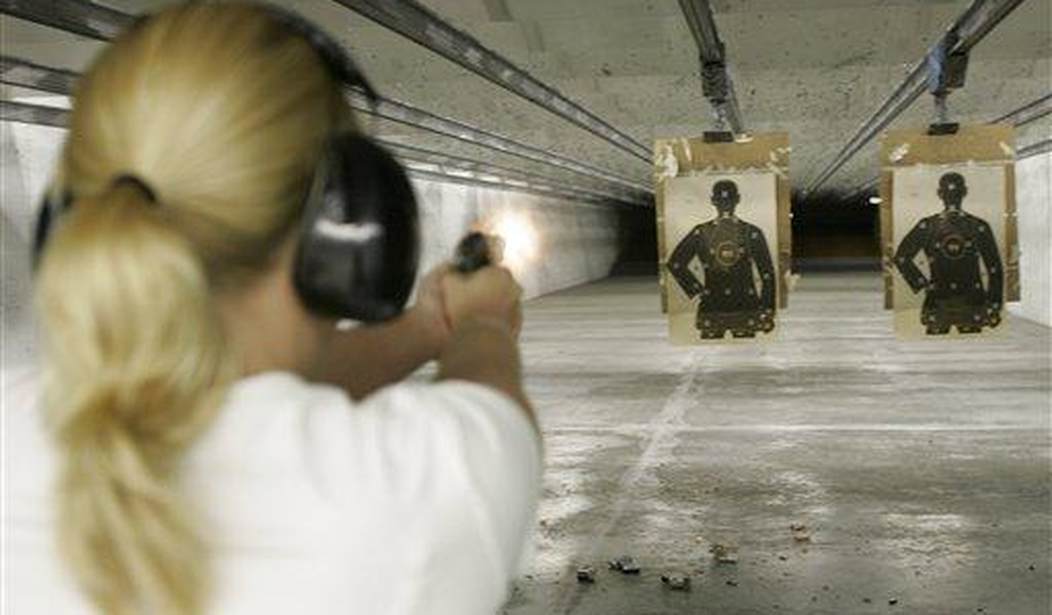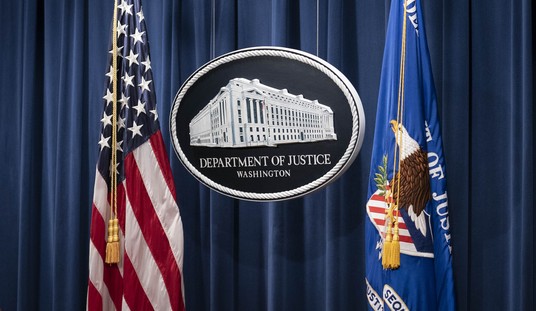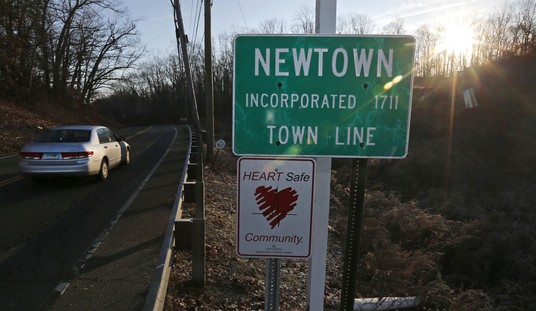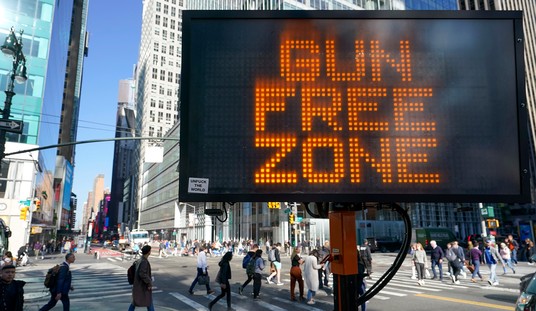City officials in Honolulu, Hawaii are dragging their heels when it comes to recognizing and abiding by the Supreme Court’s decision in Bruen. That case, which struck down the “may issue” concealed carry regime in New York and a handful of other states including Hawaii, was decided in late June, but the Honolulu police have yet to issue a single carry license in the months since, even as hundreds of applicants are not-so-patiently waiting to exercise their right to bear arms.
The city has slow-walked its response to the Court’s decision; in fact it wasn’t until last week that Mayor Rick Blangiardi approved the lengthy (and constitutionally suspect) process that applicants must go through before they can be approved. City council members have also been working on a list of places where guns will be banned, and a public hearing has been scheduled for November 29th. I expect those council members are going to get an earful from gun owners and Second Amendment advocates, who are already criticizing the proposal for its attempt to criminalize the right to bear arms in many public settings.
“The Honolulu list is egregious, it’s adding a lot of places where traditionally you’ve been able to carry firearms,” said Andrew Namiki Roberts, Hawaii Firearms Coalition Director. “There’s no sort of historical analogy to any of these.”
The bill states, anyone who intentionally conceal carries firearms in any sensitive place may be arrested and face misdemeanor charges.
“They’ve kind of upped the criminal aspect of it. In most states where they have these kind of laws, which are being challenged, most of the time it’s just a simple trespass,” Namiki Roberts said.
…
The bill has gone through many adjustments so far, like taking restaurants and bars off the list. The latest change includes allowing open carry at hospitals with permission from the facility.
“That in and of itself will hopefully provide some deterrence to the so-called bad people we seem to be talking about,” said Aaron Chung, Hawaii County Councilmember.
However, those who oppose the bill say it is still too restrictive.
That’s because it is. You can take a look at the proposed ordinance for yourself, but here are just a few of the more problematic “sensitive places”:
- all public parks, with the exception of the Koko Head Shooting Complex
- the grounds (including parking lots) of the Honolulu Zoo, the Honolulu Aquarium, the Hawaii Children’s Discovery Center, and the Hanauma Bay Nature Preserve
- Public transportation facilities, including city buses and bus stop shelters
- within a distance of 100 feet of the outer edge of any group of 25 or more people, in a public place as that term is defined in Section 29-1 1, engaged in expressive activities involving speech or conduct, the principal object of which is the expression, dissemination, or communication by verbal, visual, literary, or auditory means of political, religious, philosophical, or ideological opinions, views, or ideas.
- Except as otherwise provided by federal or State law, it is a violation of this article for any person to intentionally, knowingly, or recklessly carry on their person a firearm, concealed or unconcealed, on the premises of any business establishment or charitable establishment unless the business establishment or charitable establishment, or an agent thereof, has expressly consented thereto. Express consent may include signage.
So, just like in New York concealed carry would be banned from all private businesses unless those establishments specifically opt-in and allow it; a provision rejected by U.S. District Judge Glenn Suddaby in one of the many challenges to New York’s laws, who said that it “appears to be a thinly disguised version of the sort of impermissible “sensitive location” regulation that the Supreme Court considered and rejected” in NYSRPA v. Bruen.
Suddaby also ruled against New York’s ban on concealed carry in zoos, public parks, and on buses, as well as enjoining New York’s provision barring concealed carry at “[A]ny gathering of individuals to collectively express their constitutional rights to protest or assemble”. While his injunction blocking enforcement of many aspects of New York’s Concealed Carry “Improvement” Act don’t have any official legal sway in Hawaii, it’s still a pretty good sign of the legal trouble that Honolulu’s proposed ordinance will face if it is enacted without major revisions.
The bill has already undergone some modifications, but not nearly enough if it’s going to stand up in court or satisfy those residents hoping to finally exercise their right to bear arms in self-defense. Many of those residents will be on hand at the next meeting of the Honolulu City Council on November 29th, but whether or not their elected officials will listen to them is an open question.








Join the conversation as a VIP Member